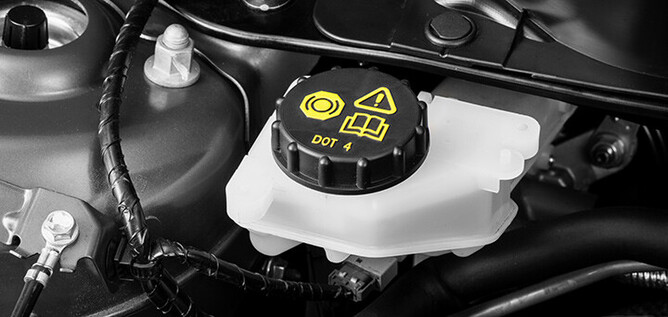Brake fluid is one of those things in your car that doesn’t get much attention—until there’s a problem. But keeping it fresh is crucial for your braking system to work correctly. So, how often should you change it?
Why Brake Fluid Matters
Brake fluid transfers the force from your foot on the brake pedal to the brakes themselves. Over time, it absorbs moisture from the air, which can lead to corrosion and reduced braking performance. Old brake fluid can also boil under extreme heat, making your brakes feel spongy or even fail in extreme cases.
When to Change It
Most mechanics recommend changing brake fluid every two to three years. However, your car’s owner’s manual will have the most accurate recommendation for your specific vehicle.
Here are some signs it might be time for a change:
Spongy brakes – If your brake pedal feels soft or unresponsive, it could be due to moisture buildup in the fluid.
Discoloured fluid: Fresh brake fluid is transparent to light yellow. If yours is dark brown or black, it’s overdue for a change.
Warning lights – Some modern cars have sensors that alert you when brake fluid is low or contaminated.
Regular brake fluid changes are a small but essential part of vehicle maintenance. They help keep your braking system responsive and safe. If you’re unsure when you last replaced your brake fluid, a quick check at your next service appointment can give you peace of mind.










